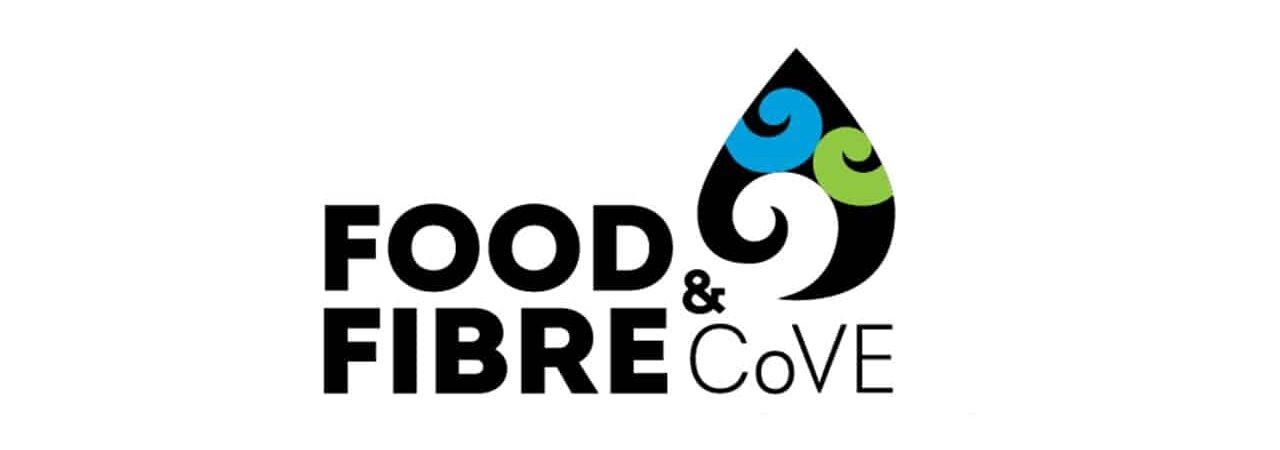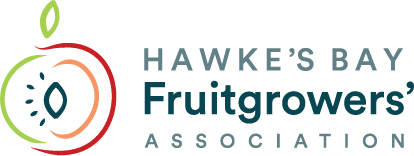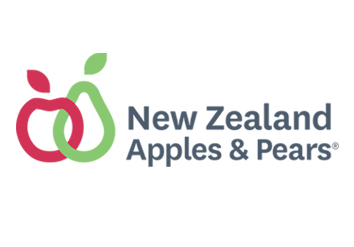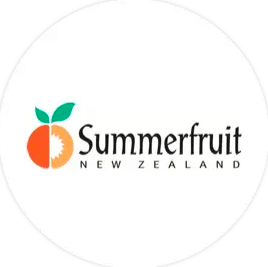
Elevating the Fruit Growing Industry with Skilled Workforce Development
Announced by the Minister of Education in 2020 and launched in March 2021, Food and Fibre Centre of Vocational Excellence (CoVE) is an initiative of the Food and Fibre Centre of Vocational Excellence Society Incorporated. Members of the Society include key industry organisations (often referred to as peak bodies), employers and training providers from the food and fibre sector. Food and Fibre CoVE invests, through research and innovation projects, in the transformation of vocational education and training for our talent pool, to enable Aotearoa New Zealand’s food and fibre sector to thrive.
Creating and retaining a capable workforce is no easy task. It requires resourcefulness, some courageous and innovative thinking along with targeted funding, but that’s where Food and Fibre CoVE shines. Not only do they identify opportunities within the food and fibre sector, but through research, insights, and continuous workplace learning, they, along with their partners, seek out and successfully craft solutions.
Food and Fibre CoVE have a game plan that includes a number of key moves:
-
- Teaming up with industry partners to identify and test new ideas designed to not only tackle current needs but also anticipate what’s coming next.
- Funnelling resources towards innovation and applied research to better the processes in the food and fibre vocational education and training model.
- Paving the way for learners to dive into and move up the ladder in the food and fibre sector, including re-imagined apprenticeships and hands-on work experiences.
- Serving as an information and networking hub food and fibre industries, creating vital links between employers, educators, and students.
This game plan will ensure that industries, like horticulture, keep attracting and retaining skilled workers, helping organisations to evolve, grow and gain a competitive advantage.
New Training and Pathway Initiative for Fruit Growers
Like various other industries in New Zealand, fruit growing is facing difficulties in attracting and retaining talent. Often, the challenge goes beyond finding the right employees and lies with the employer’s reluctance to invest in new hires and training, due to the inherent risks and costs. The reasons are not always as straightforward as they first appear. This is where there is an opportunity to consider a new approach.
Food and Fibre CoVE are about to undertake a pilot programme where a Group Training Organisation (GTO) oversees the recruitment and employment of the apprentice or trainee for the length of their apprenticeship or training programme. This apprentice or trainee is then contracted to host businesses that cover their wages.
This innovative approach aids the employer in multiple ways. The GTO manages all recruitment operations – including screening, interviewing, reference checking and drug testing. It also oversees human resource management, dealing with payroll activities, training bookings, and handling legal and employment issues.
The best part of this arrangement is the flexibility it provides to employers; they can return the trainee under certain circumstances, if conditions are met, like a downturn in work, unsuitability, or a change in business conditions. This strategic approach effectively removes the associated hurdles of managing an apprentice or trainee, letting the host business instead focus on their operations. In a nutshell, the group training model de-risks the taking on and training of new talent in the workplace.
The first pilot is due to start mid-year and is expected to run through to early 2025. The pilot will also be informed by other key projects that Food and Fibre CoVE are currently working on, including:
- New Approach to Learner Pathways – in partnership with Muka Tangata, this project looks to create a food and fibre skills framework, and suite of products, that maximises flexibility and transferability of skills, while remaining meaningful to industry.
- 21st Century Delivery and Assessment – a critical review of the delivery, assessment and recognition of prior learning methods to determine if existing models still have currency and relevance, and if not, suggest alternatives.
- Food and Fibre Leadership Programme – in a collaboration with Rural leaders New Zealand, this is a comprehensive programme that creates a progression pathway for leadership that appreciates diversity and adapts to the pace of change. It also includes a capability development framework that provides additional support to guarantee success.
- Food and Fibre Degree-Level Apprenticeship – investigates a framework for a degree-level apprenticeship, equivalent to any other NZ Bachelor’s degree. It is imagined that it would support multiple entry pathways including Level 5 or 6 qualifications, work experience, or school leavers with a minimum period of work experience.
- Quality Host Employers in Group Training – seek to examine and define the characteristics of a quality host employer, how to identify existing ones and how to support less capable employers to self-identify areas for improvement.
Stay updated on all projects by following Food and Fibre CoVE on LinkedIn, or visit www.foodandfibrecove.nz for more information.
If you want to know more about Food and Fibre Cove, please email Chief Executive, Paul Hollings, or if you want more information on the new training and pathway project, please email Portfolio Manager, Viv Bruin.






